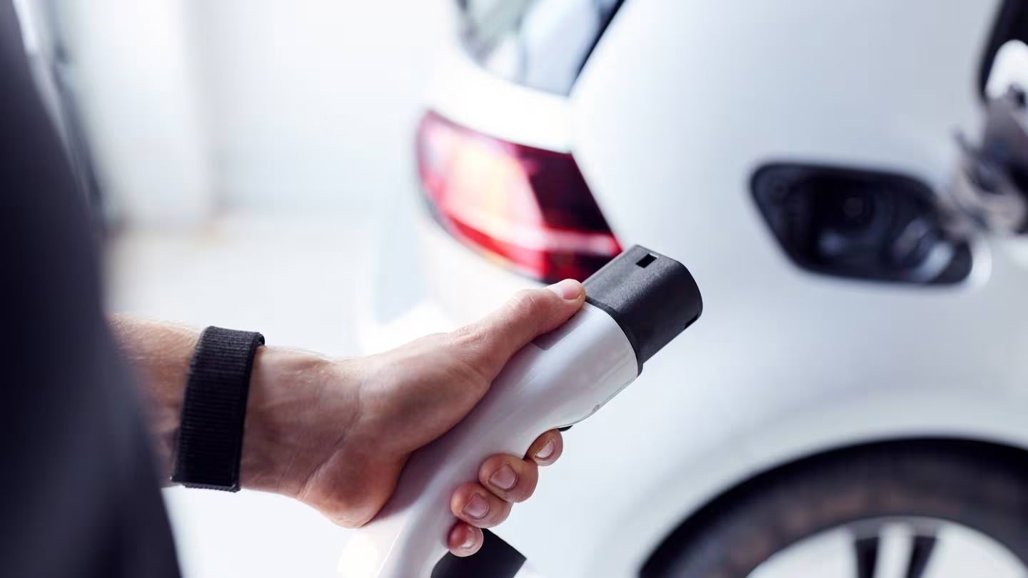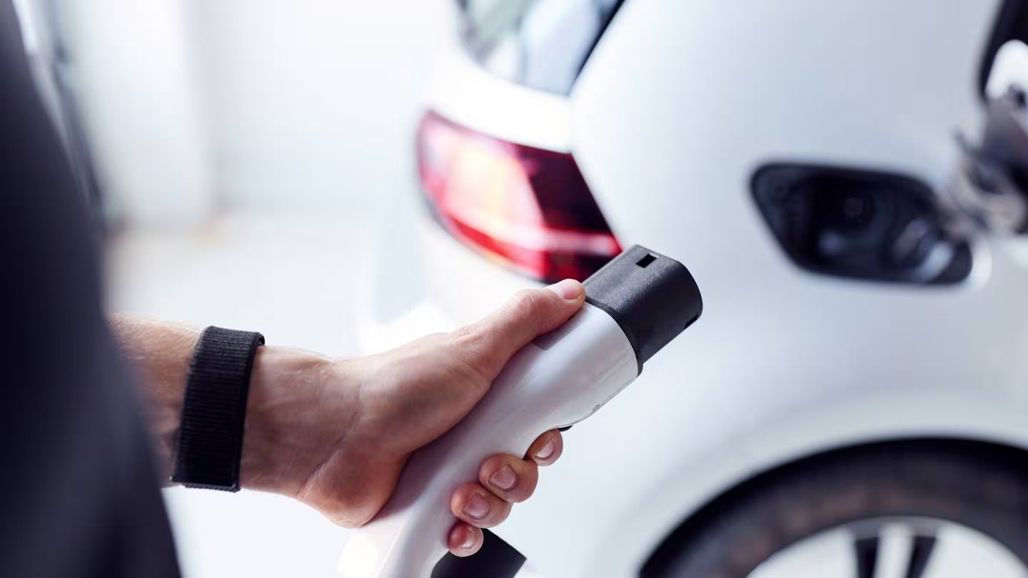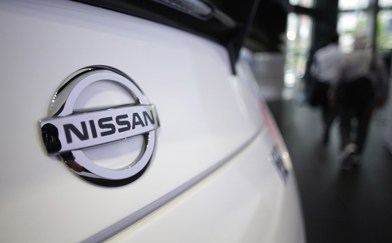EV sales drove off a cliff in January, as expected, with a carrot gone and stick about to hit.
At the same time, light commercial sales jumped 53 per cent with the abolition of the “ute tax” and “ICE” passenger vehicle sales surged.
With the clean car discount gone, petrol and diesel vehicles - less than half the market during most months of 2023 - accounted for 96 per cent of new vehicle registrations in January 2024, according to Motor Industry Association (MIA) figures.
There were just 244 new registrations of new battery electric light vehicles during the month compared to 3469 during December - when sales spiked in the final month of the CCD - and 448 in January 2022.
The period also saw it confirmed that EV owners will have to pay road-user charges of $76 per 1000km from April 1, plus $12.44 to $13.71 in admin fees for every pre-paid block of mileage, with plug-in hybrid (PHEV) owners paying $53/1000km.
Keenly-priced Chinese brand BYD was the best-selling EV for the second month in row with its Seal, followed by Tesla’s Model Y and a newcomer - Toyota’s BZ4X,the Japanese auto giant’s first pure EV released in NZ.
PHEV sales were 202 compared to 987 in December. Some PHEV owners were worried about being charged both petrol tax and RUCs. Transport Minister Simeon Brown said the road-user charge rate for plug-in hybrids had been set lower in acknowledgement - but some PHEV owners say their vehicles’ small, degraded-over-time batteries see them largely driving on petrol. One PHEV owner is even shaping up to spend $1000 removing the plug from his PHEV in a bid to get it reclassified as a petrol vehicle.
Ute sales spike
On the flip side, light commercial vehicle sales were up 53.5 per cent over January 2023 to 3793.
The top three models for the month were the Ford Ranger (1470 units), followed by the Toyota Hilux (657 units) and Mitsubishi Triton (330 units).
And sales of new petrol and diesel light passenger vehicles jumped from 1594 in December to 5308 in January.
Overall sales down
But although there was a big jump as penalties for higher-emitting vehicles were wiped (at least on the consumer side) on December 31, sales of petrol and diesel models were still 6.2 per cent down on January 2022.
Earlier, Motor Industry Association CEO Aimee Wiley told the Herald buyers’ enthusiasm was still tempered by the economic slowdown and high-interest rates. She also expected it would be several months into 2024 before people digested the various regulator changes and sales “normalised” after the spikes on either side of the CCD changes.
More changes, and more chargers, on the way
Simeon Brown said the clean car discount was always set to expire once EVs reached 2 per cent of the fleet. It was time for EVs to pay their share of road repairs. Critics have complained electric vehicles will pay around twice in RUCs what efficient petrol cars are paying in fuel tax - although some have countered that EVs are heavier, and will require costly upgrades to NZ’s power infrastructure. But, in turn, EV boosters argue that electrifying NZ’s fleet will improve our balance of payments and economic security as the country weans itself off oil imports.
Brown said although the clear car discount was wiped, the clean car standard - which sees importers incur charges on higher-emission vehicles - had been maintained. National has also pledged 10,000 publicly subsidised chargers by 2030, with details of the scheme still pending.




